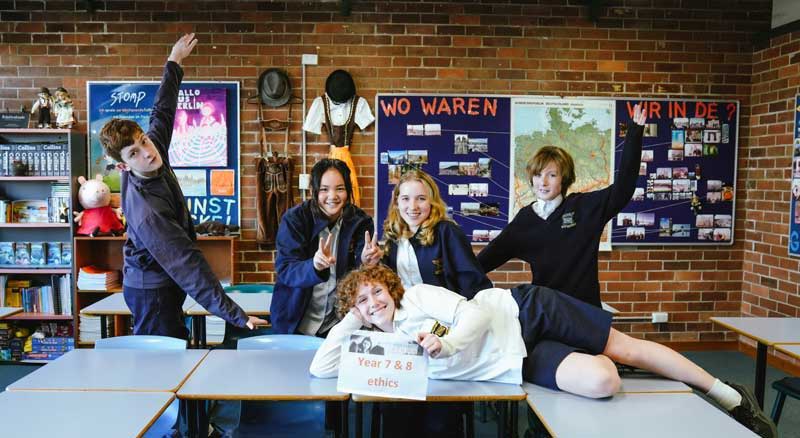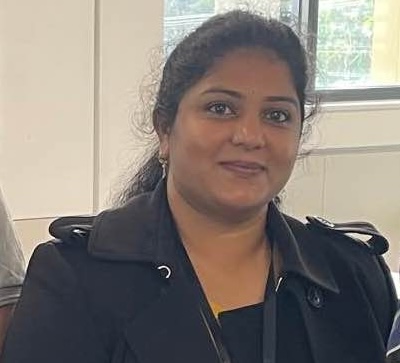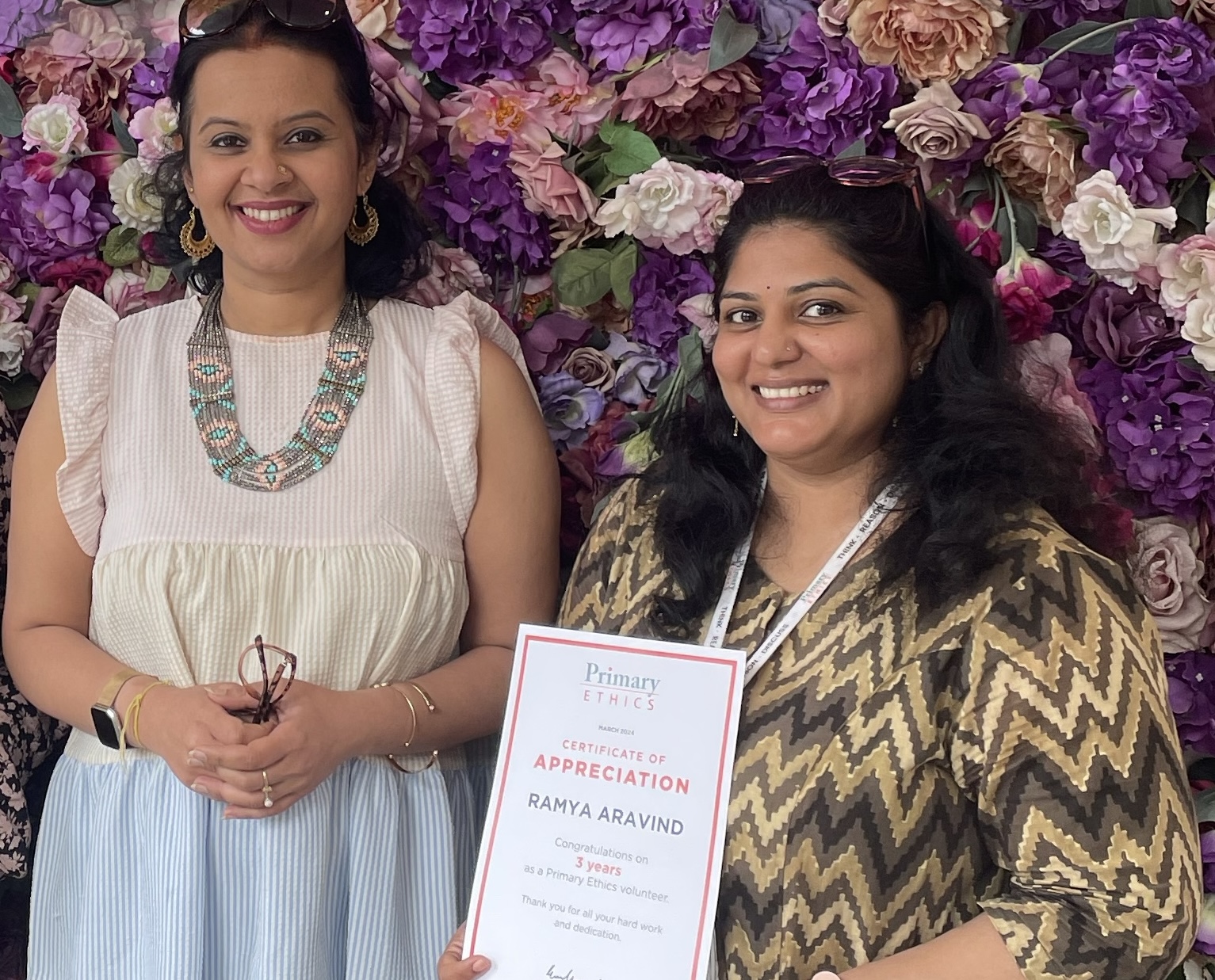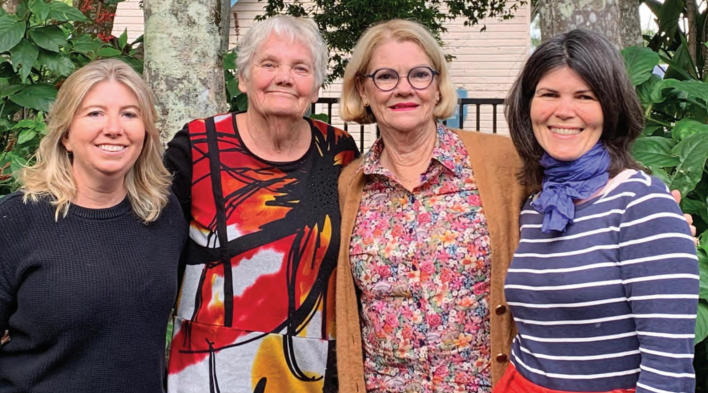From Kindy to Year 6 – ethics reflections
Emma Bonham has taught ethics to her daughter’s class from the start of primary school and now to the end. She reflects on “a remarkable time”.
I’ve had the most remarkable time guiding my little ethics group from Kindergarten to Year 6, with very few class changes along the way. I have been so lucky in this, because it has allowed me to see the immense benefits that children gain when they get the opportunity to have consistent exposure to the ethics program.
From almost before they can read and count, they are also learning how to reason, think, disagree with courtesy and keep their minds open. It fills me with joy to see them now, in year 6, able to grasp complex subjects with ease and dive into potentially divisive topics with eagerness and curiosity. Their minds are flexible and their natures open – they understand the ethics circle to be a place of safety and confidentiality and they do not hold back their opinions!
For me, the lack of an engaging non-scripture alternative was what drew me to ethics. I wanted my own children to have this option and when I started seven years ago, volunteers were (probably still are) in short supply. As soon as I reached a time when I could attend the training I did so. The training course pushed me out of my comfort zone in that I had been a stay-at-home mum for quite a few years by then and it seemed confronting to be surrounded by people I did not know, learning new things and making presentations in a group scenario. Once I got there, however, I realised that of course everyone running it was lovely and delighted to have volunteers eager to learn. And everyone volunteering had a desire to contribute to their local community that of course was similar to mine, so it became a fun few days.
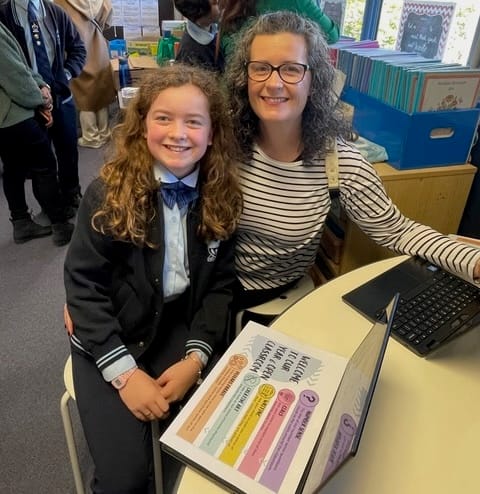
Before I became a mum I was a university lecturer, but it was actually my parenting skills and the in-school reading group experience that came to the fore with ethics training. Teaching at uni is teaching adults, not crowd-managing kids in a classroom!
A firm voice, clear boundaries, an understanding of your next 30 minutes, these are the things that are important in an ethics class.
Emma
And the training is designed to get you to a place where you feel comfortable delivering a lesson and managing kids in their many moods. I feel I haven’t had to do terribly much classroom management this past year or so, because I’ve had the same kids for so long. A quiet reminder here and there that only one person talks at a time, but not much else. In earlier days, though, I found that adding levity to a situation worked wonders. When they were little I would tell them they needed to put up their hand to speak so my ears didn’t fall off if they all shouted at once. I often used positive reinforcement when they were young too, praising whichever child or side of the circle was showing me the best listening face, or congratulating them on their grown-up behaviour.
It has been great to see the kids learn how to disagree, sometimes passionately, but always with respect. More, though, for me, there is a huge sense of satisfaction in watching them change their minds and be able, and confident to articulate that they had thought one thing at the start of the lesson and had their mind changed by the ensuing discussion. I have always offered praise for this sort of flexibility and humility, because it’s such a great skill, to be able to concede with grace. In conjunction with this is the learning to not judge a scenario in the first instance, a compassionate skill that will stand them in good stead as they head to high school.
For myself, I’ve had to learn and perfect the ‘resting neutral face’! Sometimes the kids are so confident and so quick to ask a question it might be easy to judge or respond with my own bias, so it’s been a very good learning curve for me, to learn to restrain that first response and give them the space to express their views.
Emma
One of the joys I wasn’t expecting is the little lift I get when one or two hang back after class or walk into the playground with me, because they’re not quite ready to stop talking about the topic of the day. This is a big deal, given that my class is right before recess and they generally shoot off into the playground! I know they’ve had a great lesson if they want to keep talking. Also, a few times I’ve had the in-class teacher afterwards comment on the great topics and how interesting they are to listen to, which is always good feedback for the program. Honestly, I can’t remember all the way back to Kindy, but recently my group have loved the topic on Midas, the story of the man who stole from a pharmacy for medicine for his sick wife, and the question of whether to prioritise helping people nearby or far away.
By far the most wonderful reward after all these years, though, came very recently. My daughter got in the car after school and began telling me about her day, as usual, and mentioned that the class teacher had been using AI to mark assignments and various other classroom tasks. She told me that she and a couple of her classmates, who are in ethics with her, began a whole-class discussion about AI, ‘just like in ethics last week’. My grin could not have been bigger.
There’s personal satisfaction, of course, in realising they retain the knowledge, but also a sense that they will go into high school with these important skills and an ability to think with flexibility that they might not get in any other part of their learning. What a fabulous note with which to end my time with them!




